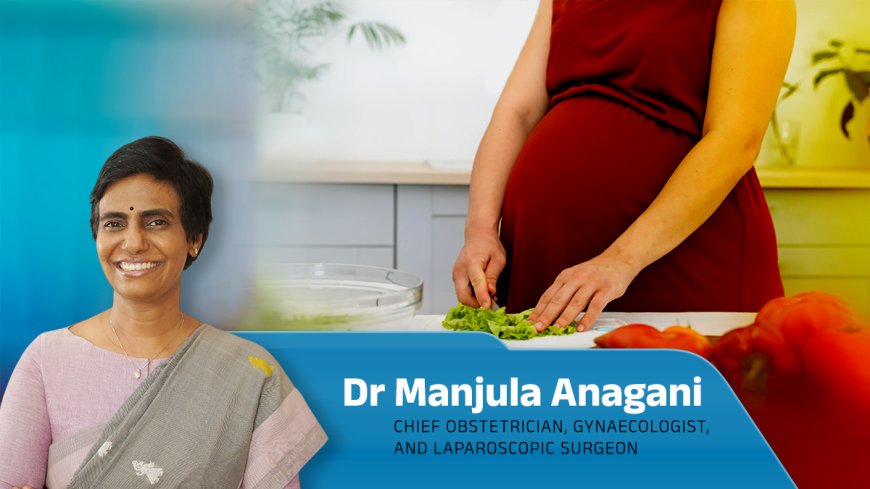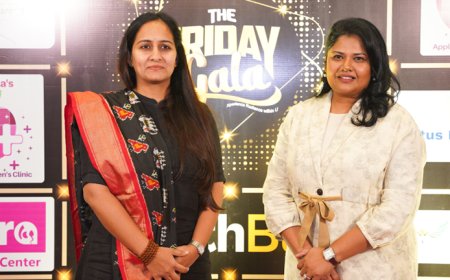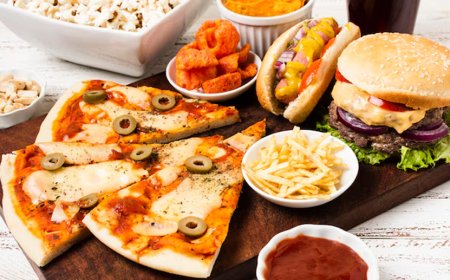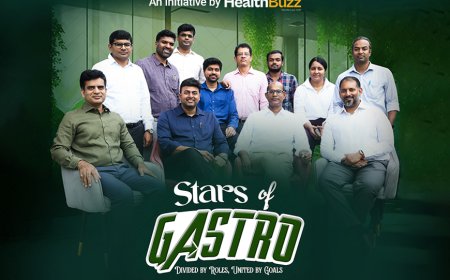Nutrition and malnutrition in pregnancy

Pregnancy is the wonderful journey towards motherhood. During this time many women want to know about what they should be eating so that their baby grows healthy inside. Let me reveal some secrets. Actually there is no such magical food available. Just eating the healthy food is what is important , and remember you should not eat for two rather you should eat twice as much healthy. How much calories does pregnancy actually demand? In the first trimester of pregnancy, you do not need any extra calories. In the second trimester, you usually need about 340 extra calories In the last trimester, you may need around 450 extra calories per day. We all know that a balanced diet includes - plenty of fruits, vegetables, whole grains, lean protein and healthy fats. But there are some nutrients that are essential during pregnancy.
Folic acid Folic acid is a B vitamin. For women who are planning pregnancy , it is important to prevent neural tube defects in the baby. And in mother folic acid deficiency causes anemia and peripheral neuropathy. Green leafy vegetables, citrus fruits, dried beans and peas are good sources of naturally occurring folate. When you are pregnant you need 600 micrograms of folic acid each day. Because it’s hard to get this much folic acid from food alone, you should take a daily prenatal vitamin with at least 400 micrograms starting at least 1 month before pregnancy and during the first 12 weeks of pregnancy. Iron Iron is essential for the production of hemoglobin, which helps in the delivery of oxygen from the lungs to the tissues of the body. During pregnancy you need 27 mg daily. But WHO recommends that pregnant women take 60 mg elemental iron each day in settings where anemia is very prevalent. Natural sources include beans, lentils, spinach, kale, broccoli, chicken, salmon etc. Calcium Calcium helps in making strong bones and teeth. During pregnancy you need 1,000 milligrams (mg) daily. Milk and other dairy products, such as cheese and yogurt, are the best sources of calcium. If you have trouble digesting milk products, you can get calcium from other sources, such as broccoli, fortified foods (cereals, breads, and juices), almonds sesame seeds and calcium supplements. Vitamin D This along with calcium help in the fetus’s bones and teeth development.. Vitamin D also is essential for healthy skin and eyesight. All women, pregnant or not, need 600 international units of vitamin D each day. Good sources of vitamin D include fortified milk and breakfast cereal, fatty fish (salmon), and egg yolks. Choline Choline plays a role in your fetus’s brain development. Experts recommend that pregnant women get 450 mg of choline each day. Choline can be found in chicken, beef, eggs, milk, soy products, and peanuts. Although the body produces some choline on its own, it doesn’t make enough to meet all your needs while you are pregnant. It’s important to get choline from your diet because it is not found in most prenatal vitamins.


























